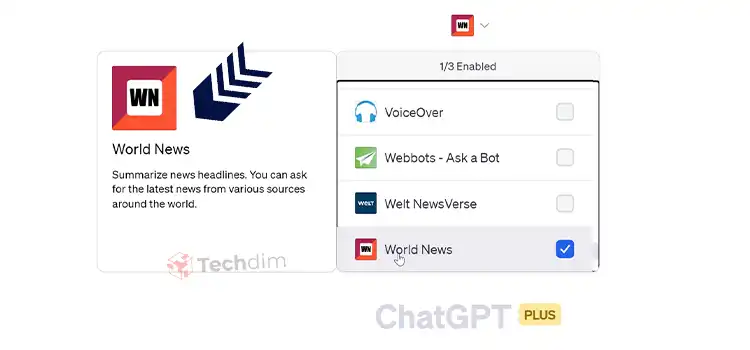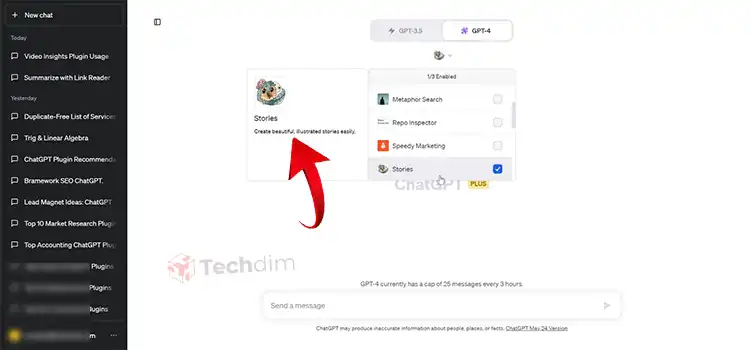WormGPT vs ChatGPT | What Apart Them
In the sprawling landscape of artificial intelligence, acronyms and nomenclatures abound. Among them, ChatGPT stands as a towering presence, having established itself as a paragon of chatbot brilliance. But then, there’s the mysterious contender: WormGPT. How do these two match up? What separates them, and is one inherently superior?
It’s imperative to note that, as of the last update, WormGPT isn’t an officially recognized entity in association with OpenAI or other significant AI institutions.
However, for the sake of exploration, we’ll approach this comparison by hypothesizing about what WormGPT could represent and how it might stack up against the established ChatGPT.

ChatGPT: The Chatbot Champion
Born from OpenAI’s groundbreaking GPT models, ChatGPT has made waves due to its:
- Versatility: Capable of engaging in varied conversations, from academic topics to pop culture musings.
- Large Training Data: Built upon vast datasets, it’s well-equipped to handle diverse queries.
- Realistic Interactions: Often, the lines blur as their responses can be eerily human-like.
WormGPT: The Hypothetical Contender
Assuming WormGPT is a derivative or variant of standard GPT models with specific functionalities:
- Self-Replicating Abilities: Drawing from the “worm” nomenclature, it might possess the capability to replicate or spread across systems.
- Targeted Use Cases: Its design might be geared towards specialized tasks, possibly related to network penetrations or cybersecurity.
- Stealth and Evasion: If created with clandestine operations in mind, it might prioritize evading detection.
Comparison Table: ChatGPT vs. WormGPT
| Feature | ChatGPT | WormGPT (Hypothetical) |
| Primary Function | Conversational AI | Speculated Network Operation |
| User Interaction | Direct and extensive | Possibly minimal |
| Design Intent | Information dissemination | Hypothetically, tasks like data extraction |
| Ethical Implications | Misinformation risks | Unauthorized access and potential digital harm |
Face-to-Face Comparison of WormGPT and ChatGPT
Purpose & Design
- ChatGPT: Primarily designed for conversations, information dissemination, and user interaction.
- WormGPT: Hypothetically, its design could be more niche, focusing on tasks like infiltration, data extraction, or system replication.
User Interaction
- ChatGPT: Engages users in direct conversations, aiming to answer queries and maintain flow.
- WormGPT: Interaction might be minimal, with more emphasis on backend operations.
Ethical Implications
- ChatGPT: While powerful, its primary concerns revolve around misinformation or biased information.
- WormGPT: If used maliciously, it could raise significant ethical concerns related to privacy, unauthorized access, and potential digital harm.
Final Thoughts: Which Reigns Supreme?
It’s tricky to draw definitive conclusions without concrete information about WormGPT’s design, functionalities, and intent. However, if we consider utility:
- For everyday users and businesses, ChatGPT offers tangible benefits, enhancing user experiences and optimizing digital interactions.
- WormGPT, in its hypothetical form, might cater to a more specialized audience, possibly in realms of cybersecurity or ethical hacking.
In essence, the “better” tool hinges entirely on the use case. As AI continues its onward march, tools like ChatGPT and the speculated WormGPT represent the vast spectrum of possibilities, both constructive and potentially disruptive. It’s a testament to the profound impact AI holds in shaping our digital future.
Additional Insights
Is WormGPT widely recognized in the AI community? Currently, WormGPT is not a widely recognized or established entity in the realm of AI, especially when compared to giants like ChatGPT.
Could WormGPT ever surpass ChatGPT in popularity? This is a speculative question. However, the direction and reception of any AI tool hinge on its functionalities, benefits, and ethical implications.
Are there any security concerns associated with these AI tools? While ChatGPT mainly faces concerns about spreading misinformation, a hypothetical WormGPT, if geared towards network tasks, might pose different security threats.
Could WormGPT and ChatGPT ever be integrated? If both tools exist and are compatible, integration is a possibility, though the use cases and benefits of such a union remain to be explored.
Subscribe to our newsletter
& plug into
the world of technology





